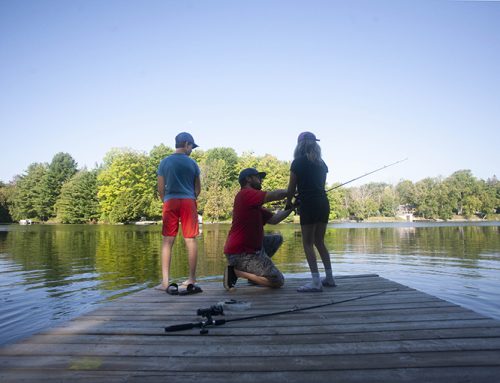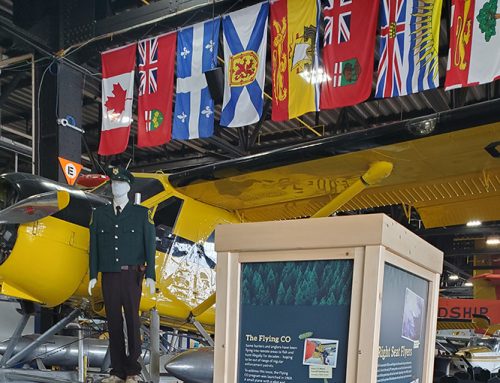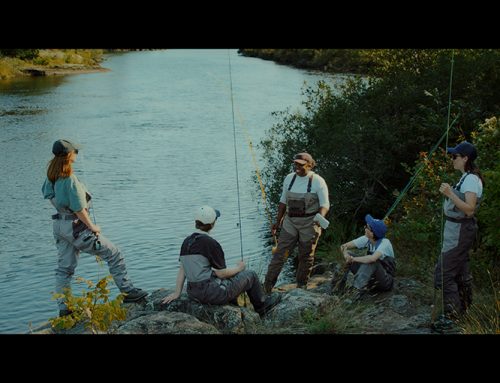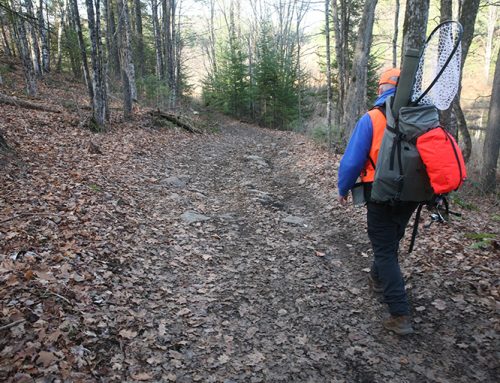
Photos: Paul Reeves, Natalia Bachkova
A study to determine the extent of West Nile Virus (WNV) exposure in wild turkeys and ruffed grouse requires hunter input, says Dr. Amanda MacDonald.
MacDonald, in partnership with the Ontario Federation of Anglers and Hunters (OFAH), Environment and Climate Change Canada, and the Canadian Wildlife Health Cooperative (CWHC) is asking willing grouse and turkey hunters to start the process by emailing her at [email protected] prior to this fall’s hunting season.
Participants will be sent envelopes with submission forms and Nobuto strips (a type of filter paper). She says participants are asked to place the strips inside the bird’s body cavity until it absorbs blood. Then, after air drying the strips, hunters are asked to fill out the submission form with details regarding the bird and location of encounter, and send these back via Canada Post.
MacDonald says she will also welcome road kills or other birds found dead but says the entire carcass should be sent to the CWHC in this case.
She says WNV is becoming more common in the province and notes that easily recognizable symptoms in game birds include stumbling, head tremors, and an inability to fly.
“You can often walk right up to these birds,” she said.
When asked if it is OK to consume birds with WNV, she says that proper cooking should eliminate the risk. She also advises hunters who have cuts or open sores on their hands to wear gloves when field dressing birds if they are in an area where West Nile Virus is known to occur.
“If you are in such an area, you are more likely to be at risk from the mosquitoes than the birds,” she added. “So take precautions to minimize mosquito bites.”
MacDonald says she hopes to have information available regarding her findings by 2019.






Leave A Comment